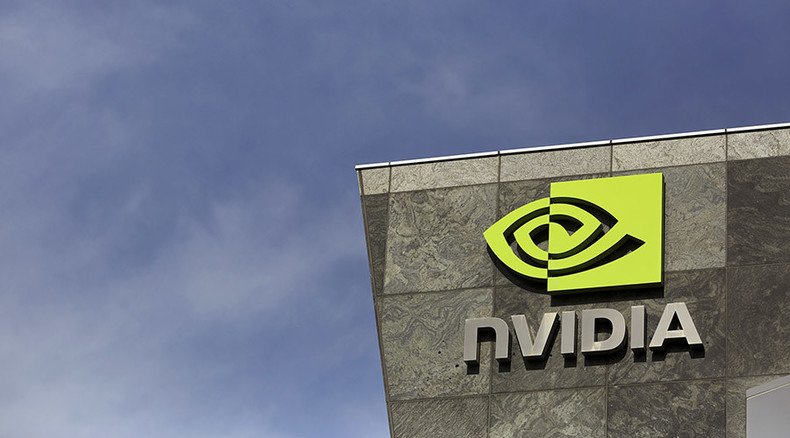‘Smaller than a credit card’: Tiny supercomputer could mean self-flying drones

One day, smartphones could seem pretty dumb. A new tiny computer module called the Jetson TX1, capable of a trillion floating-point operations per second, promises to revolutionize artificial intelligence in a variety of technologies – including drones.
The technology company Nvidia foresees “drones that don’t just fly by remote control, but navigate their way through a forest for search and rescue” as just one example of the “new wave” of smart devices their latest innovation will make possible.
Self-flying #drone learns to avoid obstacles, reaches record speed (VIDEO) https://t.co/rw0IiVIaYrpic.twitter.com/I4HyTvYcQJ
— RT America (@RT_America) November 4, 2015Nvidia’s Jetson TX1 module system will process software built to act like a human brain, observing, identifying and making sense of environments or networks of information. With 1 teraflop of power, it measures up to the world’s fastest supercomputer from 15 years ago, and is nearly three times faster and more comprehensive than similar units used in the Google Nexus 9 tablet or some Chromebooks.
“The ability for computers to learn, the ability for computers to write software itself and do seemingly amazing things, artificially intelligent things, is revolutionizing web services,” Jen-Hsun Huang, cofounder and chief executive of Nvidia, said during a press event on Wednesday.
Beyond its own built-in talents, the TX1, measuring smaller than a credit card at 50 millimeters by 87 millimeters, also comes as part of a Jetson Linux Software Developer Kit for engineers who want to do more experiments with artificial intelligence, or AI, on robots, drones, self-driving cars and other smart devices.
The kits go on pre-order beginning November 12 for $599 in the US, and internationally in the coming weeks. Come 2016, Nvidia expects to sell them for $299 in bulk orders of 1,000.
#NSA wants a #supercomputer to crack all encryption [VIDEO] http://t.co/xDRwdhBG6Z@SamSacks
— RT America (@RT_America) January 2, 2014"Jetson TX1 will enable a new generation of incredibly capable autonomous devices," Nvidia’s Tegra vice president and general manager, Deepu Talla, said in a company statement. "They will navigate on their own, recognize objects and faces, and become increasingly intelligent through machine learning. It will enable developers to create industry-changing products."
Partners in the development of the TX1 include the Massachusetts Institute of Technology (MIT), Herta, Kespry, Percepto, and Stereolabs.
"NVIDIA's Jetson TX1 is so powerful and easy to use, we decided to base MIT's robotics systems and science course around it,” Sertac Karaman, assistant professor of aeronautics and astronautics at the MIT, said as part of Nvidia’s statement. "Our students will use TX1 for embedded vision, stereo reconstruction and machine learning, so their scale racecars will be able to detect and avoid obstacles. I'm excited with the possibilities that Jetson offers."












